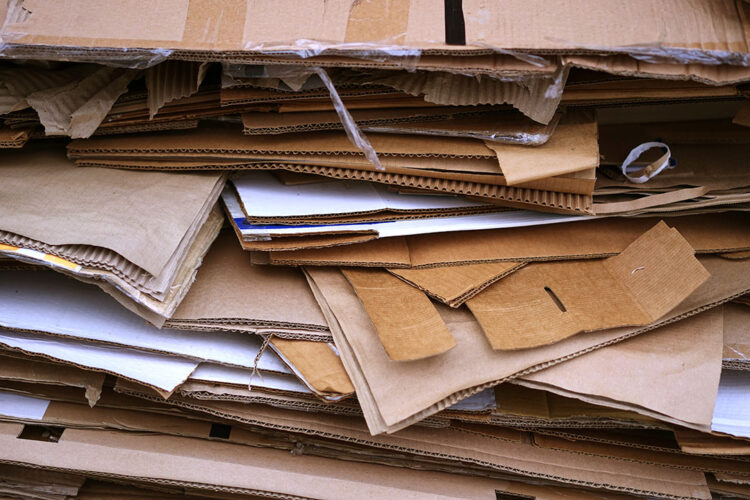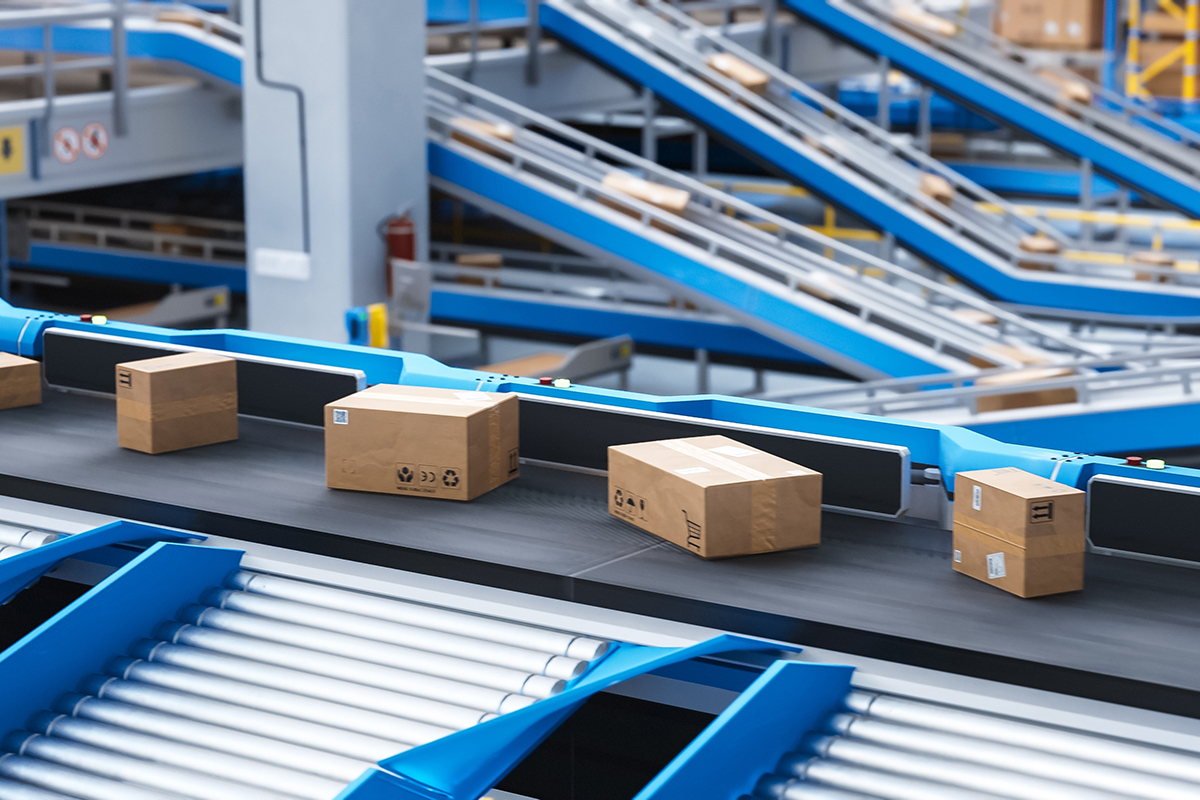U.S. Corrugated, a box manufacturer that uses recovered fiber, is opening a “super plant” in Indiana in coming months, with more new capacity coming in the future.
The company operates a handful of corrugated packaging plants around the U.S. and Mexico. It was acquired earlier this year by McKinley Paper Co., itself a subsidiary of North American fiber giant Bio Pappel.
U.S. Corrugated selected Lebanon, Ind. for a new “state-of-the-art super plant” scheduled to start up by the end of the year. The company has not announced a capacity figure for the facility. According to fiber research firm RISI (subscription required), besides the Indiana plant, U.S. Corrugated is planning another plant in Texas in the years to come, as well as a third new facility in central Mexico.
RISI estimates the company is adding 300,000 metric tons per year of corrugated conversion capacity in the next three years.
U.S. Corrugated relies on paper mills for the finished fiber used to construct its packaging.
According to U.S. Corrugated, the company is not tied to any one mill, instead purchasing raw materials on the open market. Some 50% of the company’s total paper sourcing comes from post-consumer materials, according to sustainability details on its website.
The conversion capacity is Bio Pappel’s latest push into the U.S. corrugated packaging market. McKinley Paper Co. is also working to reopen a shuttered Washington state newsprint mill, converting it to containerboard production. That facility anticipates using mixed paper and OCC.
Greif shutdown
In other recycled paper news, paper giant Greif made the decision to shutter some recycled fiber production capacity at an Alabama mill last week. The company on Oct. 15 announced that an uncoated recycled board machine at Greif’s Mobile, Ala. mill will stop operating.
The machine has a production capacity of nearly 65,000 tons per year, the company told PaperAge. In a release, Greif said the decision “will help to reduce the Mobile mill’s ongoing operating costs and capital needs.”
According to analysts writing for RISI (subscription required), the shutdown reflects a roughly 2.5% reduction in annual uncoated recycled board capacity in the U.S.






























